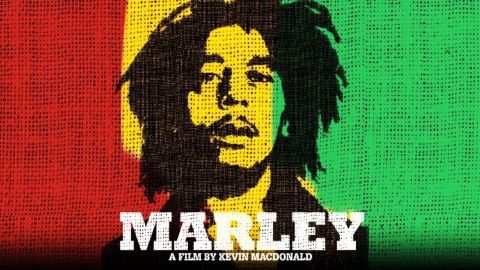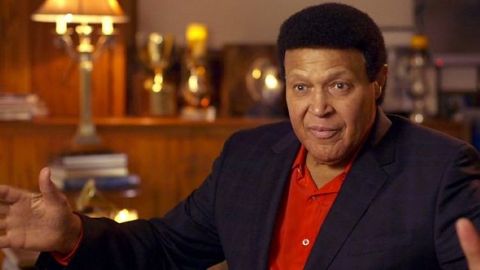The Easybeats to AC/DC: The Story of Aussie Rock • 2016
A film about the sound of Australian rock and the emergence of one of the world's greatest rock bands - AC/DC, or Acca Dacca as they are known in Australia, and the legendary music company, Albert Music (Alberts) that helped launched them on to the global rock scene. Through the 1960s, 70s and 80s, Alberts created a house of hits in Australia that literally changed the sound of Australian popular music. It started with the Easybeats and their international hit Friday On My Mind back in the 60s. In the 1970s when Australia was in the midst of a deep recession, a rough and ready pub rock sound emerged, characterised by bands like Rose Tattoo who were promoted by family-run company, Alberts. The raw power and fat guitar sound that characterised Aussie rock was pioneered by the Alberts and took Australia and the world by storm.
Make a donation
Buy a brother a hot coffee? Or a cold beer?
Hope you're finding these documentaries fascinating and eye-opening. It's just me, working hard behind the scenes to bring you this enriching content.
Running and maintaining a website like this takes time and resources. That's why I'm reaching out to you. If you appreciate what I do and would like to support my efforts, would you consider "buying me a coffee"?
Donation addresses
BTC: bc1q8ldskxh4x9qnddhcrgcun8rtvddeldm2a07r2v
ETH: 0x5CCAAA1afc5c5D814129d99277dDb5A979672116
With your donation through , you can show your appreciation and help me keep this project going. Every contribution, no matter how small, makes a significant impact. It goes directly towards covering server costs.





